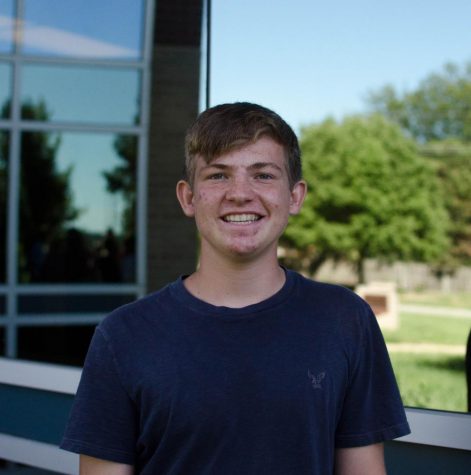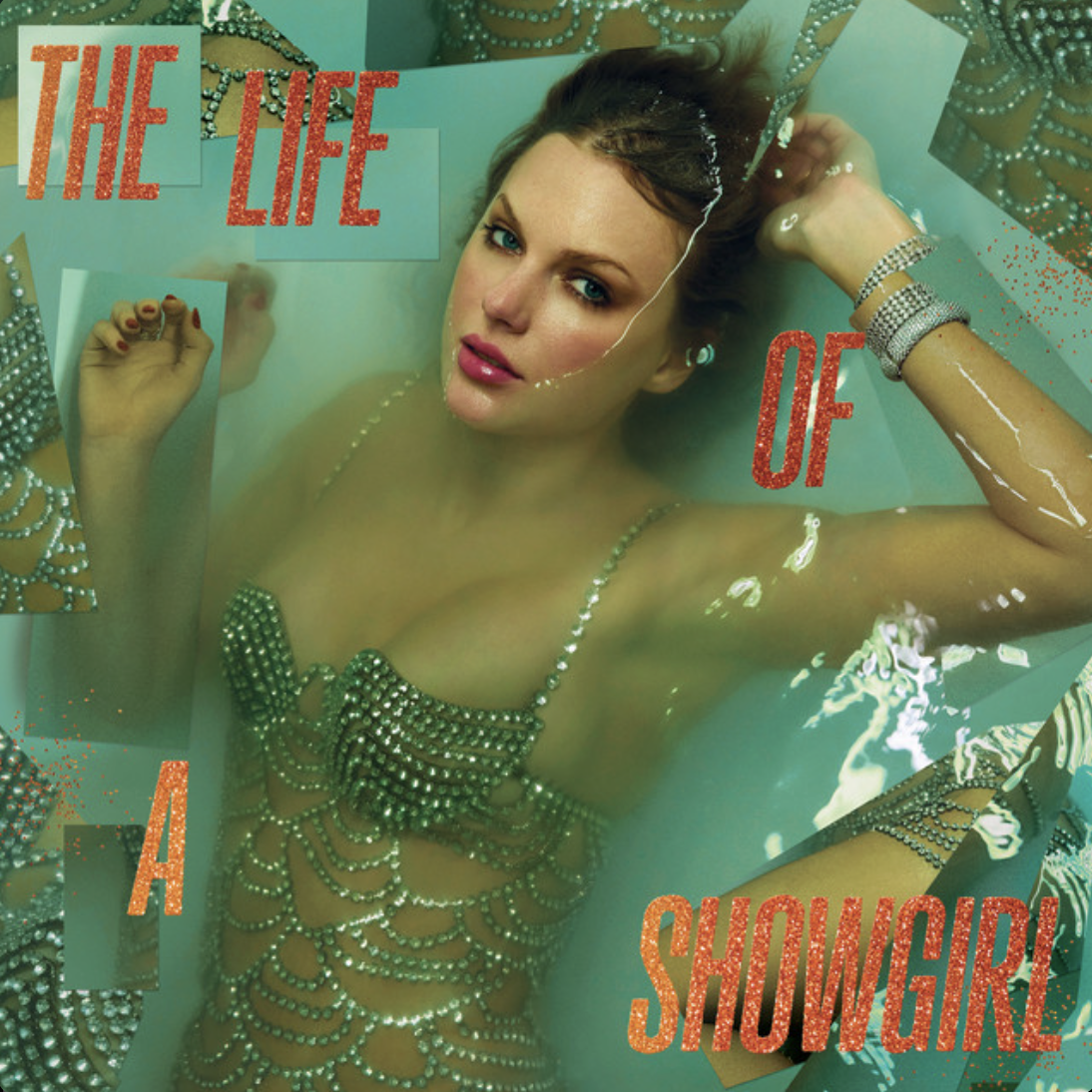The Trump divide
BVNW students and a staff member discuss their feelings in response to President-elect Trump.
November 29, 2016
Three days. This is how long it took math teacher C.J. Armenta to comprehend the results of the latest presidential election.
“Wow. Was my first reaction, it really was,” Armenta said. “It took me about three days to really just grasp what had happened, and my first thought was ‘why?’.”
Armenta said it was only after some time pondering the results of the election, that the outcome finally made sense to him.
“In my opinion, the people wanted change, and Trump represents that change more than Hillary does,” Armenta said.
Junior Kole Cutler said he best aligned his views with Ben Carson but in the end, he voted for President-elect Donald Trump in the school’s mock election on Nov. 8 because he identified with some of Trump’s conservative values, and was worried about some of Hillary Clinton’s past issues. Despite his eventual decision to support Trump over Clinton, Cutler said overall he was disappointed in both candidates.
“I voted for Trump. Mainly because it was more of a lesser of two evils,” Cutler said.
Senior Gage Hall, a member of the LGBT community, said this election seemed more personal to him because of his perceived marginalization of people similar to him. Hall said he was worried about how divided the nation as a whole was, and how Trump being elected may affect the divide.
“The whole idea of building a wall to separate people, I don’t even know how that came about,” Hall said. “I don’t see the need for any further division of people. There’s enough as it is.”
In response to the election results, protests have broken out across the country. With many Americans protesting the results of the election, sophomore Bhavini Uppalapu said she felt like the protests represented what America is all about.
“We have the basic freedoms. Freedom of speech. Freedom of the press. And since we have those freedoms I think people do have the right to express how they feel,” Uppalapu said.
Senior Rama Bakir said the election results disappointed her as a Muslim, because of the things Trump said throughout his campaign. However, Bakir said she had not and does not feel like her safety has been threatened in Kansas because she is Muslim.
“I feel disenfranchised by this election, because we elected an openly racist person to rule this country,” Bakir said. “…Every time I hear him I’m like, ‘how does someone come up with these kind of words and just actually say them to the public?’.”
Uppalapu said despite her understanding behind the reasons of the protests, she is afraid of what other more severe issues they might bring about. According to her, Trump taking office makes her fear for the rights of Asian-Americans in this country.
“We’ll have to see what he does with other people. But I mean overall I’m just concerned about the immigrants,” Uppalapu said. “I think that’s the only problem for immigrants, not being able to come in or immigrants not being able to stay that are from outside of America.”
Hall said he was pleased with Obama’s presidency and felt that Trump’s presidency could and would undo most of Obama’s work.
“They are polar opposites. Obama isn’t perfect obviously, no one is, but he’s definitely been the most progressive we’ve had in a long time,” Hall said. “He’s taken a lot of steps forward and the way I see Trump is, he’s our step back. He’s the one that would undo basically all of Obama’s work if he could.”
While Cutler was pleased with the strides made by the country in electing its first black president in Obama, he said he found Obama to be someone he disagreed with on most policies.
“When it comes to Obama’s presidency, I didn’t have anything that positive to say,” Cutler said. “I think Trump’s going to be very vocal, I think the fact that he doesn’t have a filter is going to be a great thing because you’re really going to see what his true intentions are and emotions… I think Trump can really do this right, I think we’re going to have a pretty good country.”
Armenta said while he voted for Clinton, he could see why some other Hispanic-Americans would have voted for Trump, even with his staunch stance on immigration.
“Some people think this, all Hispanics may not like Trump because of immigration, but you’ve got Hispanics who think they don’t want illegal immigrants taking their jobs either,” Armenta said.
Cutler said he felt like protesters were overreacting to the results, considering Trump has not taken office yet. However, Cutler said many people’s concerns were aimed in the wrong place.
“What I think a lot of people should be really focusing on is what a Republican majority [means], because that’s huge,” Cutler said.
Uppalapu said one of her concerns was with how Trump spoke about women during his campaign.
“I have a lot of mixed emotions,” Uppalapu said. I’m a little bit scared for women, because we’ve seen a lot of evidence from him not treating women right.”
Armenta said with the things Trump has said, he has concern for what will happen to younger generations of kids in response to immigration laws.
“My biggest fear is for what they call the dreamers, they come here, their parents brought them over, they were born here, their parents were illegal immigrants,” Armenta said. “They are children, and their parents are deported back to Mexico, so you’re a nine or ten year old. What do you do?”
Armenta said he is heading into the next four years hoping for the best for America.
“Right now, I’m thinking, just be patient,” Armenta said. “Let’s see what happens because I do believe he wants what’s best for America.”







Anonymous • Sep 1, 2018 at 8:14 pm
The video is down
Natasha Vyhovsky • Dec 7, 2016 at 11:46 pm
This is neat. I enjoyed watching the video.